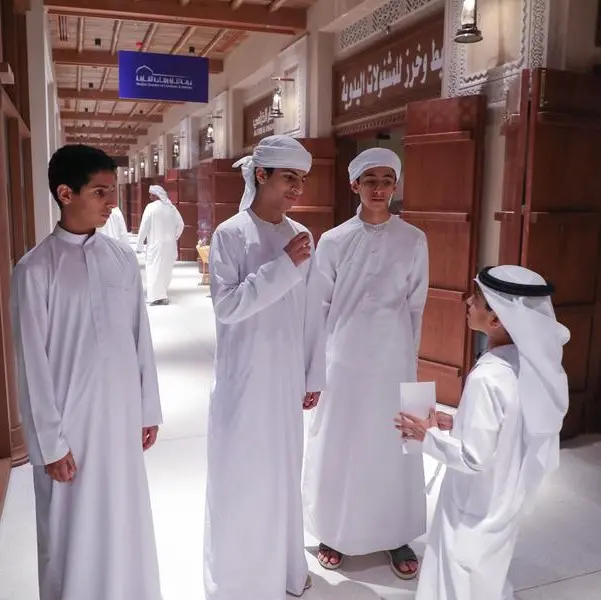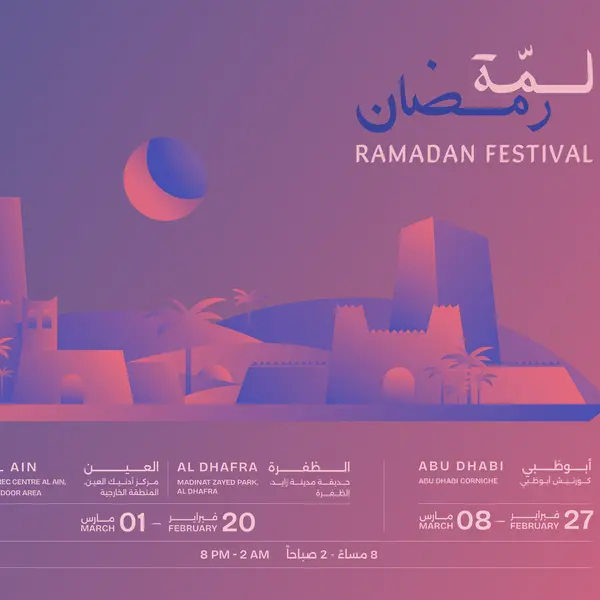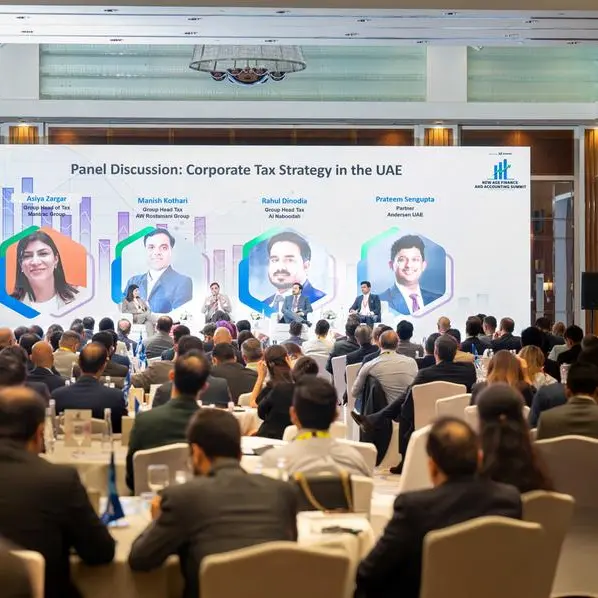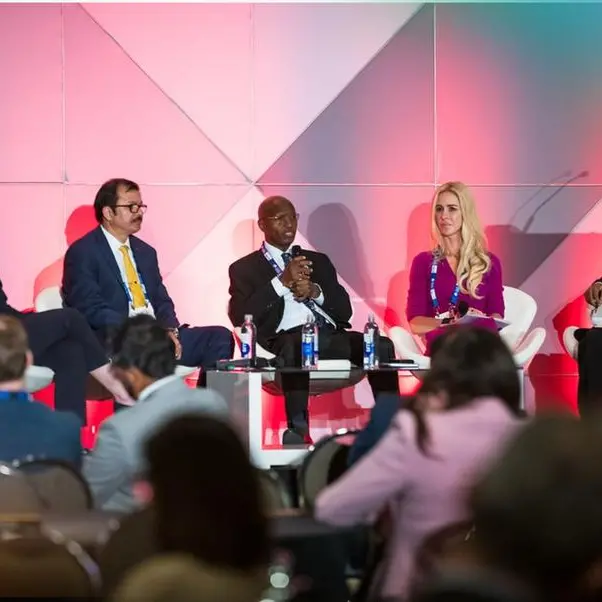PHOTO
Kuala Lumpur, Malaysia: The panel session on ‘Advancing Global Cooperation to Propel Islamic Nations to a Better Future’ at the Global Forum of Islamic Economics and Finance (GFIEF) 2024 unpacked important shifts and synergies needed to realise the true potential of Islamic finance in addressing the current geopolitical and socio-economic challenges.
Dr. Ghiath Shabsigh, Secretary-General of the Islamic Financial Services Board, said Islamic finance is portrayed as inherently more stable because it is less prone to excessive leverage. He said that it aligns more closely with the real economy, reducing the risks associated with financial cycles and excessive leveraging common in conventional finance. He added that conventional systems have historically resulted in significant disparities, creating extreme poverty and extreme wealth, and have been prone to frequent crises.
Dato’ Paduka Iqbal A. Khan, CEO of Fajr Capital Group, and Göksel Aşan, President of the Finance Office of Presidency of the Republic of Türkiye, also contributed to the discussions on how Islamic finance could be better integrated into the global financial system as mainstream practices.
Iqbal Khan, Recipient of the Royal Award for Islamic Finance in 2012, said that for Islamic finance to become a global role model, it must expand its equity-based model offerings and adopt inclusive practices that reach out to different market segments and investors, including conventional investors. He said regulatory reforms are essential to create a level playing field between debt and equity by adjusting risk weightage and taxation policies. “The future of Islamic finance lies in asset management platforms based on equity risk-sharing models, promoting democratisation of finance and wealth,” he said.
Iqbal also admitted that while Islamic finance has benefited from globalisation, current trends towards de-globalisation, localisation and protectionism pose significant risks.
“These trends include e-colonisation such as the on-shoring of businesses, de-civilisation such as the erosion of institutional frameworks, and shifting geopolitical alliances,” he said. He added that these challenges complicate the development and expansion of Islamic finance in a more protectionist global environment.
In order to advance greater integration of Islamic finance in the global financial system, Aşan called for greater standardisation within Islamic finance. While acknowledging that achieving perfect standardisation is challenging, he believed reaching a high level of consensus amongst Islamic nations is crucial for collective industry growth.
“There is also an importance of encouraging innovation, or ijtihad, and creative problem-solving, idmah, within the framework of Islamic finance to keep up with evolving global opportunities and challenges,” he added.
Dr. Shabsigh echoed that call for innovation and said Islamic finance must maintain its distinct value proposition rather than mimicking conventional finance. This involves offering unique financial instruments that provide different consumer choices and benefits, which can attract a wider audience and foster acceptance within the global market.
To exemplify the point about innovation, Iqbal agreed with Dr. Shabsigh and said that an emerging trend of Islamic finance innovation involved the separation of payment systems from traditional banking functions.
“Banks are increasingly creating subsidiaries for payment processing and digital transactions, which attract private equity investments. This trend reduces systemic risks associated with the traditional banking model where banks control both financial intermediation and payment systems,” he explained.
Iqbal stated that versatility makes Islamic finance appealing and the adaptability of its tools allows it to be resilient. For example, in the past, the implementation of equity-based contracts, such as mudharabah and musharakah, faced challenges mainly due to a lack of readiness. Over time, Islamic finance institutions shifted towards financing-based instruments, like murabaha, ijara and istisna, to survive and grow along with globalisation trends. Iqbal said this shift helped Islamic finance institutions to thrive and support the economy by providing cross-border financing for trade and development.
Under the patronage of the Ministry of Finance Malaysia (MOF), GFIEF is organised by Bank Negara Malaysia in collaboration with the Securities Commission Malaysia, Labuan Financial Services Authority, the International Islamic Liquidity Management Corporation, the Islamic Development Bank (IsDB), the Islamic Financial Services Board and the World Bank Group (WB).
-Ends-
About GFIEF 2024:
The Global Forum on Islamic Economics and Finance (GFIEF) brings together over 2,300 policymakers, industry leaders and practitioners from 75 countries in Kuala Lumpur. Themed ‘Shaping a Resilient Global Islamic Economy Through Values-based Reforms’, the two-day forum aims to unlock the transformative power of Islamic economics and finance in fostering shared prosperity and equity. GFIEF features policy discourse and innovative solutions based on Islamic economics and finance principles to address the world's challenges.
For more information, please visit kl.gfief.com.my
Media Contact:
- Wai Fong TAN (Ms)
- Media Co-ordinator
- waifong@twfcomms.com




















